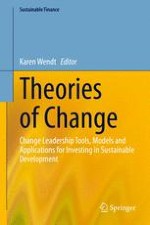2021 | OriginalPaper | Buchkapitel
Domestic Heating and China’s Sustainable Energy Goals
verfasst von : Xin Xu, Lei Xu, Laubie Li
Erschienen in: Theories of Change
Verlag: Springer International Publishing
Aktivieren Sie unsere intelligente Suche, um passende Fachinhalte oder Patente zu finden.
Wählen Sie Textabschnitte aus um mit Künstlicher Intelligenz passenden Patente zu finden. powered by
Markieren Sie Textabschnitte, um KI-gestützt weitere passende Inhalte zu finden. powered by
